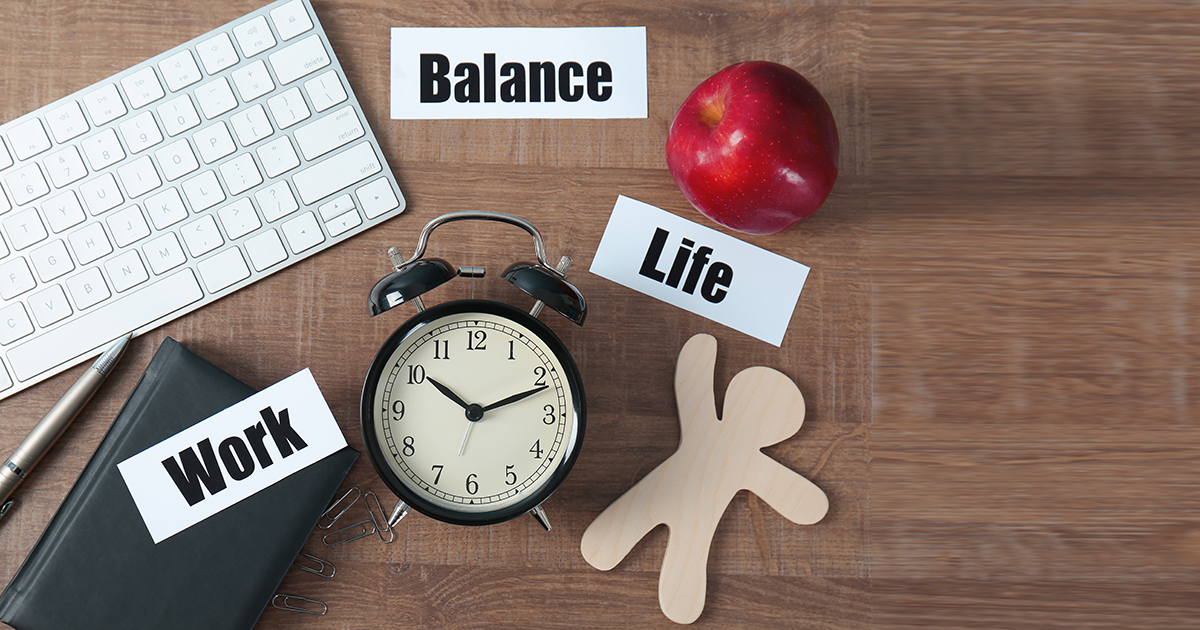
The Ultimate Productivity Hacks for Chronic Procrastinators
The Ultimate Productivity Hacks-Are you tired of staring at your to-do list, only to find yourself scrolling through social media or binge-watching another episode? If […]

The Ultimate Productivity Hacks-Are you tired of staring at your to-do list, only to find yourself scrolling through social media or binge-watching another episode? If […]

Introduction to the concept of work-life balance Time-Saving Hacks-In today’s fast-paced world, achieving work-life balance often feels like an elusive dream. Busy professionals juggle countless […]

Overcome Revision Procrastination-Are you staring at that pile of notes, books, or assignments and feeling an overwhelming urge to scroll through your social media instead? […]
Copyright © 2025 | WordPress Theme by MH Themes